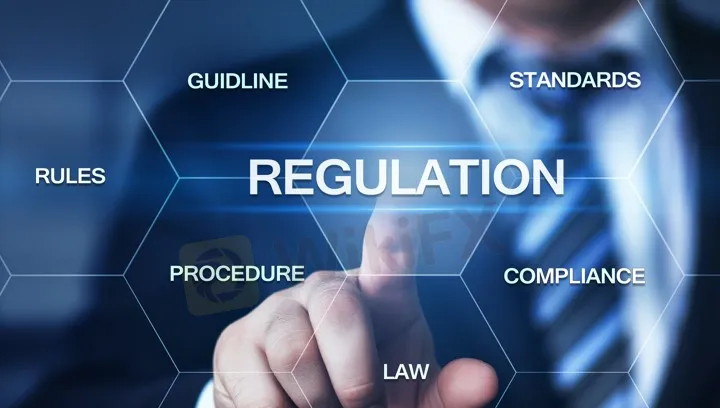简体中文
繁體中文
English
Pусский
日本語
ภาษาไทย
Tiếng Việt
Bahasa Indonesia
Español
हिन्दी
Filippiiniläinen
Français
Deutsch
Português
Türkçe
한국어
العربية
Regulatory Update: EU Eyes New Money Laundering Regulator
Abstract:The new Anti-Money Laundering Authority would comprise the “centerpiece” of a new supervisory system that would include national regulators.

The European Union is looking to launch a new agency designated with cracking down on money laundering at the regional level, with increased reporting requirements around crypto transactions listed among its principal objectives.
A July 8 report from Reuters citing leaked EU documents asserts the European Commission is proposing forming a new Anti-Money Laundering Authority (AMLA) that would act as the “centerpiece” of an oversight system also including national regulators.
The report also states that European lawmakers are drafting new requirements for virtual asset service providers (VASPs) mandating stringent data collection standards surrounding parties making cryptocurrency transfers. Data collected would also be made accessible to European regulators.
The report notes that crypto asset transfers are not currently under the scope of EU regulations surrounding financial services, stating: “The lack of such rules leaves holders of crypto-assets exposed to money laundering and financing of terrorism risks, as flows of illicit money can be done through transfers of crypto-assets.”
The EU has come under pressure to strengthen its anti-money laundering guidelines after several member states launched investigations into Denmarks largest bank, Danske Bank, over 200 billion euro worth of suspicious transactions that flowed through its small Estonian branch between 2007 and 2015.
In the absence of a supranational regulatory institution tasked with policing money laundering, the EU has historically had to rely on national authorities to enforce its policies.

“Money laundering, terrorist financing, and organized crime remain significant problems which should be addressed at Union level,” the documents stated. “By directly supervising and taking decisions towards some of the riskiest cross-border financial sector obliged entities, the Authority will contribute directly to preventing incidents of money laundering/terrorist financing in the Union.”
- SEC urged to crack down too
Europe isnt alone in moving to crack down on crypto, with U.S. Senator Elizabeth Warren urging the Securities and Exchange Commission to crack down on the “highly opaque and volatile” digital asset markets on the same day.
“While demand for cryptocurrencies and the use of cryptocurrency exchanges have sky-rocketed, the lack of common-sense regulations has left ordinary investors at the mercy of manipulators and fraudsters,” Warren said, adding: “These regulatory gaps endanger consumers and investors and undermine the safety of our financial markets. The SEC must use its full authority to address these risks, and Congress must also step up to close these regulatory gaps.”
The U.K. Financial Conduct Authority (FCA) has also sought to take action against major crypto exchange Binance in recent weeks, appearing to prompt a wave of local banks to stop processing payments to and from the platform.
Stay tuned!

Disclaimer:
The views in this article only represent the author's personal views, and do not constitute investment advice on this platform. This platform does not guarantee the accuracy, completeness and timeliness of the information in the article, and will not be liable for any loss caused by the use of or reliance on the information in the article.
WikiFX Broker
Latest News
Volkswagen agrees deal to avoid Germany plant closures
Geopolitical Events: What They Are & Their Impact?
Top 10 Trading Indicators Every Forex Trader Should Know
TradingView Launches Liquidity Analysis Tool DEX Screener
MultiBank Group Wins Big at Traders Fair Hong Kong 2024
WikiEXPO Global Expert Interview: Simone Martin—— Exploring Financial Regulation Change
'Young investors make investment decisions impulsively to keep up with current trends' FCA Reveals
Why Do You Feel Scared During Trade Execution?
CySEC Settles Compliance Case with Fxview Operator Charlgate Ltd
Malaysian Influencer Detained in Taiwan Over Alleged Role in Fraud Scheme
Currency Calculator


